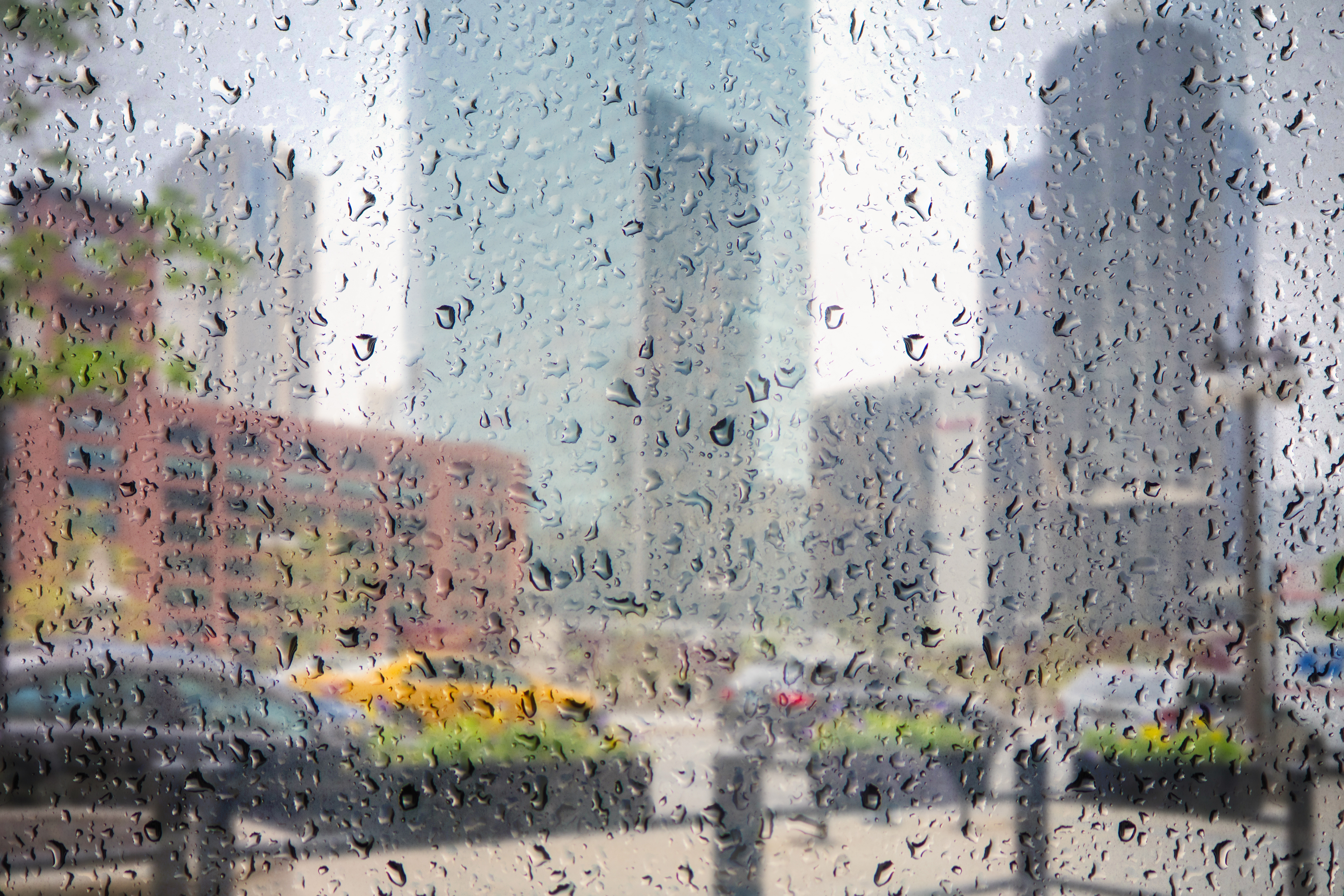From 2pac to Barack: A Letter for the Hip-Hop Generation, Blackademically Speaking
This is a story of what moved the Civil Rights movement and why the movement is still necessary; yet this is no story. This letter addresses the real lived experiences of a people constantly hung from trees of injustice. While it is often most convenient to tell these as stories to the tune of fiction, it is critical to address the realities of Black folk in a place like that of America. Here we focus on this wealthy country that audaciously smothered and suffocated Black folks in its halls of poverty, discrimination and inferiority, while yet demanding us to be patriotic. It is here we call to question a post-racial conversation that ignores the need for post-racial character. It is my generation that has to critically think about and challenge the myth of racism being a thing of the past when we are still racially defined in jail cells and racially denied in classrooms.
From the shores in chains to segregated lunch counters Black folk relentlessly fought for their freedoms. Many of us died unnecessary deaths with modest desires to simply live with dignity. Admittedly, the battles fought over the years rendered substantial gains in once segregated and unequal arenas such as public facilities and universities. Still today, despite such advancement, we find ourselves lagging educationally and losing spiritually. Far too many within inner cities are socially oppressed, thus emotionally depressed. The thinking on the horizon that insists, “all things are equal” is shameful. I contend the only “equal” thing to date is the very thinking that demanded a movement in the first place. Like that of the past century, there exists a thinking equal to that of white superiority and black inferiority.
Rev. Dr. Martin Luther King Jr. suggested that we can legislate policy but we cannot legislate attitudes. The challenge on this side of the civil rights movement is thus our attitude, our way of thinking. In all of its success, the civil rights movement could not shift the thinking of many American citizens. It is this unresolved and seldom addressed issue that today promotes imbalanced laws, which substantially incarcerates the very youth we pay little to educate. How can a child dream of success when living nightmares of failure?
Today’s inner city communities demand a different type of movement. Too often we ask what happened to a people that once built pyramids; what happened to our people that marched and protested for justice and equality? What happened? Well, no other ethnic group contends with a history such as ours in America. No other group has been denied the right to read or write while they were establishing and maintaining a trillion dollar economy, free of charge. No other ethnic group in America wrestles to find its face in history books. Our children today suffer from loss of identity. No other generation within our culture has had to contend with crack cocaine, jails for profit, HIV Aids, abandoned buildings, abandoned children, vacant lots and vacant thinking.
Today’s movement demands a new way of thinking about what it is we are trying to move. I contend that it starts with a discussion greater than a civil right. Our movement must deal with that of the spirit and the mind. What we are dealing with in many of our communities comes down to the heart of a people that is bruised and broken. What we are faced with as a people is the fact that we are not monolithic. We obviously do not think the same nor do we act the same; yet there are some things we desire all the same. It is here where I park the point of Tupac and Barack. It is these two individuals as Black men who will drive home my point.
President Obama, referenced here as “Barack”, debatably represents the success of the movement. Tupac on the other hand represents and lays to lyrics the failures of the movement. Barack’s accomplished run for presidency calls for “change” in America. Tupac’s life and experiences exemplify the lack of change in America. It is Barack that fights for peace in the world while Tupac insist he is “against the world”. Tupac and Barack together represent a great divide within Black America to date. Ultimately, it is their thinking adjoined to their lived experiences in America that separates them.
Local
Blackademically Speaking, I believe that there are those who think America can change and those who question such change. It is from this space we analyze the new move. It is this nucleus that positions Barack as president to fight and end the Afghanistan war on behalf of America, as Tupac fights an Afghanistan like war within himself because of America. Realistically, we must now contend with the many who suffer and benefit because of whiteness in America. This is the disease. This is not a new argument, simply unpopular to many. It is this point that demands fresh eyeglasses on how we see the ideologies of both Tupac and Barack. As Tupac says in his song, "Me Against the World," “the power is in the people and politics we address.”



